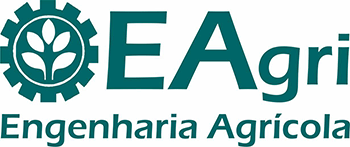ABSTRACT
Water supply quality, nutrient availability in irrigation solutions, and discharge water or effluents must be monitored for protected cultivation to achieve sustainable management of food production. This study aimed to evaluate whether effluent solution from mini-tomato-protected crops can be recycled in an irrigation system based on plant nutritional demands. The experiment was carried out on a farm with mini-tomato protected-cropping. Water supply, as well as nutrient and effluent solutions, were analyzed in the experiment. Water supply was within the Brazilian limits established by CONAMA, except for nitrite, phosphorus, and sulfide. The effluent solution showed significant concentrations of macro- and micronutrients, highlighting phosphorus (220 to 395 mg L-1). The replacement of nutrient solution in the central fertigation tank, excess of elements applied in the nutrient solution, and accumulation of effluent solution in the disposal tank kept the effluent solution enriched when compared to the nutrient solution initially applied. Water quality monitoring showed that effluent solution can be reused in the irrigation system based on its physicochemical parameters and mini-tomato tomato nutritional demands. The analyses also allowed us to detect control points to achieve food production sustainability.
Solanum lycopersicum L.; chemical analysis; effluent reuse; nutrient solution; phosphorus; potential environmental pollutant

 Thumbnail
Thumbnail
 Thumbnail
Thumbnail
 Thumbnail
Thumbnail
 Thumbnail
Thumbnail
 Thumbnail
Thumbnail




